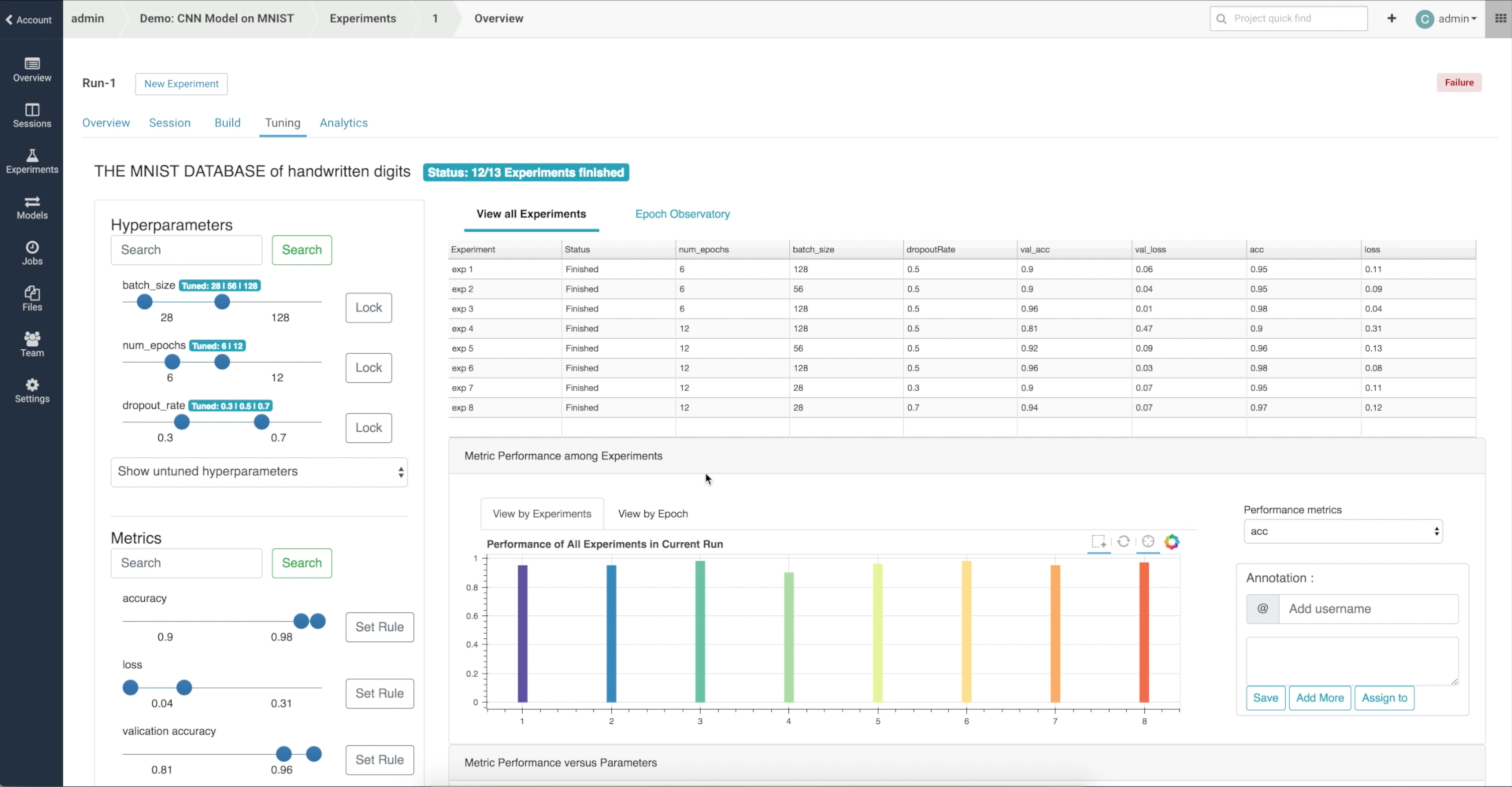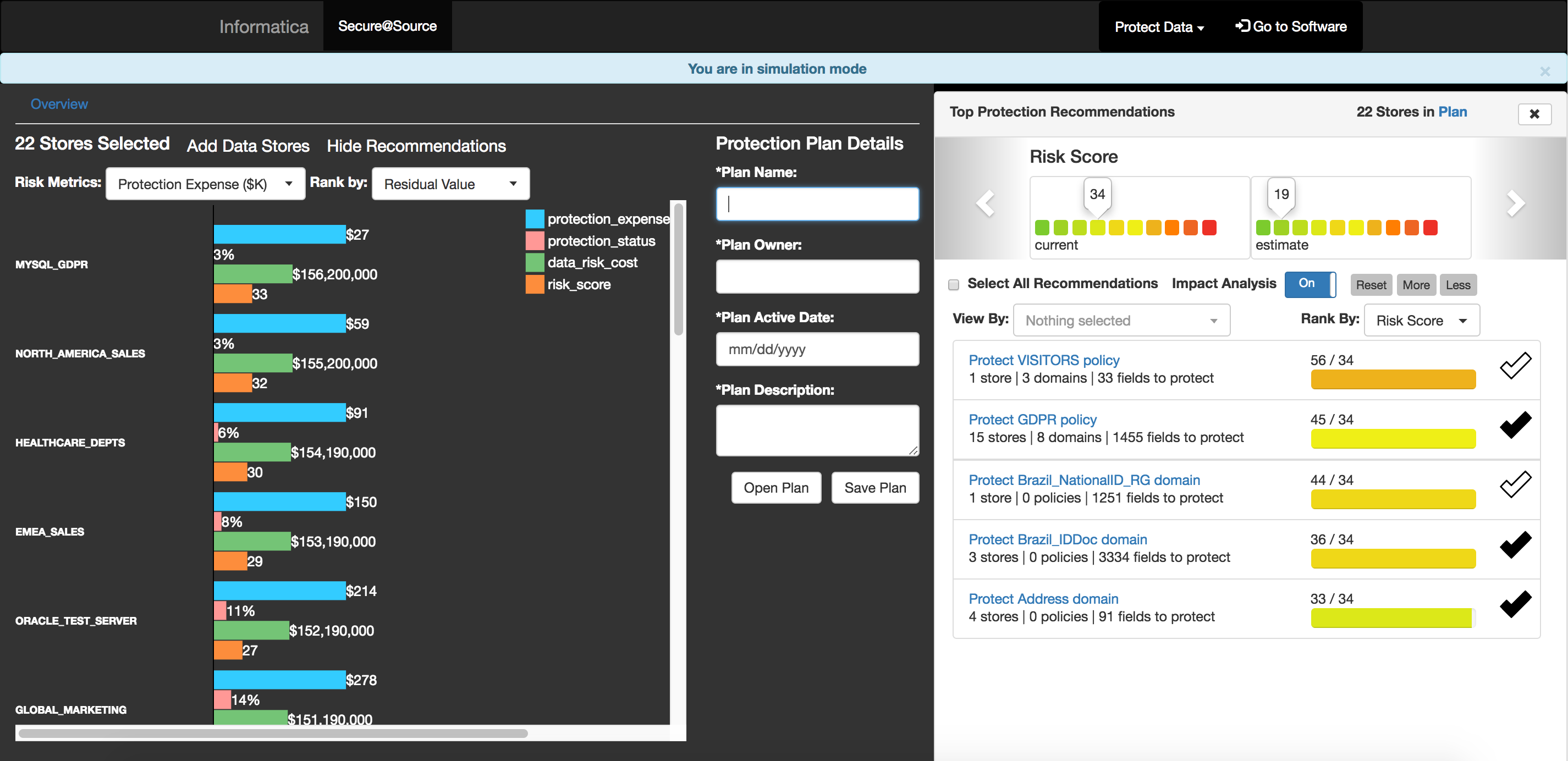News
- August 18, 2020 -- My first-authored short paper on provenance analysis of distributed sensemaking is accepted by VIS! The title is CrowdTrace: Visualizing Provenance in Distributed Sensemaking
- August 10, 2020 -- I joined the Department of Computer Science at Loyola University Chicago as an Assistant Professor.
- June 23, 2020 -- I successfully defended my dissertation! The title is "Supporting Crowdsourced Sensemaking with a Modularized Pipeline and Context Slices".
- I will be a Poster & Demo Co-Chair for IUI 2021。
- July 30, 2019 -- My first-author paper on errors and bottlenecks in crowdsourced sensemaking is accepted by CSCW 2019! The title is: Dropping the Baton? Understanding Errors and Bottlenecks in a Crowdsourced Sensemaking Pipeline
- July 22, 2019 -- I'm accepted for the ACM CSCW2019 Doctoral Consortium!
- June 13, 2019 -- I will be a student volunteer at CSCW 2019!
- June 3, 2019 -- I will start a summer internship at Microsoft AI and Research!
- I will be a Poster & Demo Co-Chair for IUI 2020。
- Mar 16-20, 2019 -- I attended and presented at IUI 2019, Los Angeles, CA
- Mar 2, 2019 -- I attended and presented at Aspirations event held at Blacksburg, VA
- Feb 19, 2019 -- I'm featured on DAC Student Spotlight
- Jan 31, 2019 -- I'm awarded IUI 2019 Student Travel Grant, and will be a student volunteer at IUI!
- Dec 8, 2018 -- My first-authored paper and demo about my internship project at Informatica is accepted by IUI! The title is What data should I protect?: recommender and planning support for data security analysts.
- Nov 2-8, 2018 -- I attended and presented at CSCW 2018, Hudson River, NJ
- Aug 8, 2018 -- My first-authored paper on crowdsourced sensemaking is accepted by CSCW! The title is CrowdIA: Solving Mysteries with Crowdsourced Sensemaking
- Mar 26, 2018 -- My first-authored paper on context slices is accepted by Sensemaking for CHI2018, and selected for presentation (21% acceptance rate)! The title is CrowdIA: Solving Mysteries with Crowdsourced Sensemaking
- April 7-8, 2017 -- I'm selected and funded to pariticpate 2017 CRA-W Grad Cohort Workshop at Washington DC
About
Tianyi Li is an Assistant Professor in the Department of Computer Science at Loyola University Chicago. She has published in top academic venues on crowd computing, sensemaking, and intelligent user interface.

Dr. Li designs and develops systems for computer-supported cooperative work. Her most rescent research is about crowdsourced sensemaking, to scaffold collective intelligence of novice crowds for tasks such as intelligence analysis. She also conducts research and devise visual analytics tools with user-centered design to combine and coordinate human and artificial intelligence in broader, real-world decision-making processes such as data security and hyperparameter tuning. Throughout her work, Dr. Li investigates and evaluates the UX impact of different human-AI interaction patterns.
Dr. Li received her Ph.D. in Computer Science from Virginia Tech, co-advised by Dr. Chris North and Dr. Kurt Luther. Before that, she received her Bachelor's degree from the University of Hong Kong. She also studied at UC San Diego and Shanghai Jiao Tong University as an exchange student.
Previously, Dr. Li worked as an intern in the Adaptive Systems and Interaction Group in Microsoft Research AI, the UX team in Cloudera, and Informatica.
Publications
Academic Papers
- Tianyi Li, Yasmine Belghith, Chris North, and Kurt Luther. 2020. CrowdTrace: Visualizing Provenance in Distributed Sensemaking. To appear in IEEE Transactions on Visualization and Computer Graphics. (36% acceptance rate)
- Tianyi Li, Chandler J. Manns, Chris North, and Kurt Luther. 2019. Dropping the Baton? UnderstandingErrors and Bottlenecks in a Crowdsourced Sensemaking Pipeline. Proc. ACM Hum.-Comput. Interact.3, CSCW, Article 136 (November 2019), 26 pages. https://doi.org/10.1145/3359238 (31% acceptance rate)
- Tianyi Li, Gregorio Convertino, Ranjeet Kumar Tayi, and Shima Kazerooni. 2019. What Data Should I Protect? Recommender and Planning Support for Data Security Analysts. In Proceedings of 24th International Conference on Intelligent User Interfaces, Marina del Ray, CA, USA, March 17–20, 2019 (IUI ’19), 13 pages. https://doi.org/10.1145/3301275.3302294 (25% acceptance rate)
- Tianyi Li, Gregorio Convertino, Ranjeet Kumar Tayi, Shima Kazerooni, and Gary Patterson. 2019. Adding intelligence to a data security analysis system: recommendation and planning support. In Proceedings of the 24th International Conference on Intelligent User Interfaces: Companion (IUI '19). ACM, New York, NY, USA, 69-70. https://doi.org/10.1145/3308557.3308677
- Tianyi Li, Kurt Luther, and Chris North. 2018. CrowdIA: Solving Mysteries with Crowdsourced Sensemaking. Proc. ACM Hum.-Comput. Interact. 2, CSCW, Article 105 (November 2018), 29 pages. https://doi.org/10.1145/3274374 (25.6% acceptance rate)
- Tianyi Li, Gregorio Convertino, Wenbo Wang, Haley Most, Tristan Zajonc and Yi-Hsun Tsai. HyperTuner: Visual Analytics for Hyperparameter Tuning by Professionals. IEEEVIS 2018 Workshop on Machine Learning from User Interaction for Visualization and Analytics, Berlin, Germany, 2018.
- Tianyi Li, Asmita Shah, Kurt Luther, and Chris North. Crowdsourcing Intelligence Analysis with Context Slices. CHI 2018 Workshop on Sensemaking in a Senseless World, Montréal, Canada, 2018. (21% acceptance rate for full presentations)
Patents
- US Patent 16/138684: Hyperparameter tuning using visual analytics in a data science platform
- US Patent 15/948310: Method, apparatus, and computer-readable medium for data protection simulation and optimization in a computer network.
Curriculum Vitae
Research
- All
- CrowdIA
- Connect the Dots
- HyperTuner
- Data-Centric Security
CrowdIA
Solving Mysteries with Crowdsourced Sensemaking
Team: Tianyi Li (GRA), Dr. Kurt Luther (PI), Dr. Chris North (Co-PI)Funding: National Science Foundation (NSF) IIS
This project modularized the classical sensemaking loop by Pirolli and Card, by clarifying the inputs and outputs in each of the five components in sensemaking, so that it can be customized to cater different investigation goals and strategies, design and assign specific tasks to crowd workers. The pipeline allows flexible and dynamic implementation of workflows, expert guidance, monitor and feedback. This provide a broader possibility of collaboration among experts, crowds and algorithms.
Related publications:- T. Li, K. Luther, and C. North. CrowdIA: Solving Mysteries with Crowdsourced Sensemaking. The 21st ACM Conference on Computer-Supported Cooperative Work and Social Computing (CSCW), New York City's Hudson River (Jersey City), 2018. (25.6% acceptance rate)
- T. Li, C. Manns, C. North, and K. Luther. Dropping the Baton? UnderstandingErrors and Bottlenecks in a Crowdsourced Sensemaking Pipeline. The 22st ACM Conference on Computer-Supported Cooperative Work and Social Computing (CSCW), Austin, Texas, 2019. (31% acceptance rate)
Connect the Dots
Supporting Intelligence Analysis with Crowdsourcing and Visualization
Team: Tianyi Li (GRA), Dr. Kurt Luther (PI), Dr. Chris North (Co-PI)Funding: National Science Foundation (NSF) IIS
This project explores how crowdsourcing can be used to help an intelligence analyst find connections within a large body of text-based evidence. For example, an analyst may have access to dozens of evidence documents, and needs to identify a hidden terrorist plot that links the evidence together. We have developed the concept of “context slices,” in which we intelligently divide up large amounts of text so that transient, novice crowd workers can contribute to solving the bigger mystery. From these ideas, we have developed Connect the Dots, a system that uses crowd workers and natural language processing techniques to build an interactive visualization from textual evidence.
Related publications:- T. Li, A. Shah, K. Luther, and C. North. Crowdsourcing Intelligence Analysis with Context Slices. CHI 2018 Workshop on Sensemaking in a Senseless World, Montréal, Canada, 2018. (21% acceptance rate for full presentations)
HyperTuner
Visual Analytics for Hyperparameter Tuning by Professionals
Team: Tianyi Li (Research Intern), Dr. Gregorio Convertino (Project Manager), Wenbo Wang, Haley Most, Tristan Zajonc, Yi-Hsun TsaiInnovation Project at Cloudera

While training a machine learning model, data scientists often need to determine some hyperparameters to set up the model. The values of hyperparameters configure the structure and other characteris- tics of the model and can significantly influence the training result. However, given the complexity of the model algorithms and the training processes, identifying a sweet spot in the hyperparameter space for a specific problem can be challenging. This work characterizes user requirements for hyperparameter tuning and proposes a prototype system to provide model-agnostic support. We conducted interviews with data science practitioners in industry to collect user requirements and identify opportunities for leveraging interactive visual support. HyperTuner is a prototype system that supports hyperparameter search and analysis via interactive visual analytics.
Related publications:- T. Li, G. Convertino, W. Wang, H. Most, T. Zajonc and Y. Tsai. HyperTuner: Visual Analytics for Hyperparameter Tuning by Professionals. IEEEVIS 2018 Workshop on Machine Learning from User Interaction for Visualization and Analytics, Berlin, Germany, 2018.
- US Patent 16/138684: Hyperparameter tuning using visual analytics in a data science platform
Data-Centric Security
What Data Should I Protect? A Recommender and Impact Analysis Design to Assist Decision Making
Team: Tianyi Li (Research Intern), Dr. Gregorio Convertino (Project Manager), Ranjeet Kumar Tayi, Shima KazerooniInnovation Project at Informatica

The growing number of attacks on sensitive information stored in company databases has required the need for more advanced data protection systems. A new class of data-centric systems is allowing data security teams in organizations to better detect security risks across distributed data stores. However, data security analysts still face two key challenges when making data protection decisions: information overload from too many protection targets and having to build optimal protection plans given current goals and available resources. In this work, we characterize user classes and requirements in data security teams, and propose a system design that separates the decision-making process into two sub-tasks: identifying what data is worth protecting and building an impactful plan to protect it. We implemented a system prototype through four iterative design and evaluation cycles, by applying user-centered design to this new domain of data security applications.
Related publications:- T. Li, G. Convertino, R.K. Tayi, and S. Kazerooni. What Data Should I Protect? A Recommender and Impact Analysis Design to Assist Decision Making. ACM Conference on Intelligent User Interfaces (IUI 2019), Los Angeles, CA, USA, 2019. (25% acceptance rate)
- T. Li, G. Convertino, R.K. Tayi, S. Kazerooni and G. Patterson. 2019. Adding intelligence to a data security analysis system: recommendation and planning support. ACM Conference on Intelligent User Interfaces (IUI 2019), Los Angeles, CA, USA, 2019.
- US Patent 15/948310: Method, apparatus, and computer-readable medium for data protection simulation and optimization in a computer network.
Services
- Poster & Demo Co-Chair for ACM IUI 2020
- Student Volunteer at CSCW 2019
- Program Committee for the 13th ACM Recommender Systems Conference (RecSys 2019)
- Student Volunteer at IUI 2019
- NCWIT Aspirations in Computing (AiC), invited presentation
- Associate Chair on the Program Committee for the ACM CHI Conference on Human Factors in Computing Systems (CHI) 2019 Late Breaking Work (LBW)
- Algorithms That Make You Think, Fourth Annual Virginia Tech Workshop on the Future of Human-Computer Interaction, workshop poster presentation
- Designing Socio-Technical Systems of Truth, Third Annual Virginia Tech Workshop on the Future of Human-Computer Interaction, workshop poster presentation
- CRA-W Grad Cohort Workshop 2017 (Washington, DC) poster presentation
- ICAT (Institute for Creativity, Arts, and Technology) Day, research demo and poster
- Graduate recruiting weeks at Virginia Tech, poster presentation and lab tours
- Reviewing:
- CSCW 2020 Papers
- RecSys 2020 Papers
- CHI 2019 Late Breaking Work
- CHI 2019 Papers
- CSCW 2019 Papers
- Creativity & Cognition 2019 Papers
- RecSys 2019 Papers
- VIS 2019 Papers
- CHI 2018 Late Breaking Work
- CSCW 2018 Second Cycle
- RecSys 2018 Papers
- VIS 2018 Machine Learning from User Interaction for Visualization and Analytics Papers

